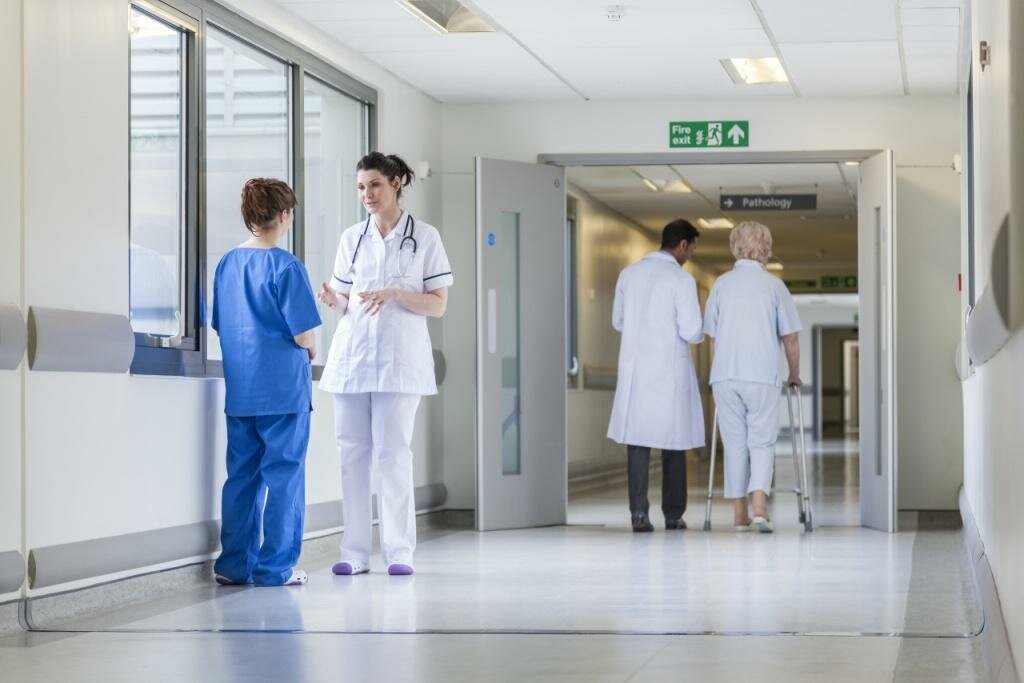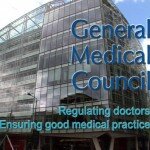
Family doctors paid more than €1,000 a day in understaffed Irish hospitals
Family doctors are being paid more than €1,000 a day filling in at our understaffed hospitals. The HSE has already paid out €500,000 of taxpayers’ money to GPs doing the work of junior doctors at five hospitals in our creaking health system, EVOKE.ie has learned.
Cork University Hospital, where GPs were paid €110 per hour for an eight to ten-hour shift, is now the focus of a possible strike action by doctors over pay.
According to information obtained through a Freedom of Information request, CUH has paid out more than €110,000 to three GPs to do one shift a week.
EVOKE.ie reveals the high cost to the taxpayer of paying the doctors, as it emerged last night that their union – the Irish Medical Organisation – is balloting junior doctors in the same hospital with a view to strike action over issues with pay.
The €1,000-a-day rate for the substitute GPs at CUH is just a portion of the €500,000 paid to the GPs at five hospitals between January and September this year.
This figure represents a massive jump from the amount that was spent for the same nine-month period last year – when only €3,417 was spent on hiring in GPs to fill the vacant shifts. This amounts to an astronomical 15,000 per cent annual leap for this type of emergency spend. It comes after a year which saw major concerns raised about the exodus of junior doctors, and the cost of agency doctors used to fill those gaps in our hospitals.
The €110-an-hour shifts worked by the GPs in CUH averaged eight hours each, but EVOKE understands that some shifts were in excess of ten hours. This means as much as €1,100 was paid out.
Furthermore, in the Saolta University Hospital Group – consisting of Sligo Hospital and University Hospital Galway – the hospitals forked out €208,000, bringing in 13 GPs on a rotation for shifts of as little as three hours in length. The hourly rate for those GPs was between €29 to €55. The vacant posts in this instance were in dermatology and were paid at registrar grade.
Another GP in the University Hospital of Limerick was paid almost €60,000 during the period, inside the local injuries unit in University Hospital in Ennis. This was to do two shifts a week, on an average of eight hours each, which works out at €688 per shift, or €86 an hour.

Again, two GPs in the University Hospital in Ennis were brought in over the first ten months of the year and paid €60,893 and €21,383 respectively.
They worked five shifts a week, of around five hours in length. They were paid, on average, €67 per hour.
Chris Goodey, CEO of the National Association of GPs, said many of his group’s members feel that they have ‘no choice’ but to take up extra work where it is offered in order to pay the costs associated with running their own practices. ‘The fact that GPs are having to work extra shifts and weekend shifts shows how tough it is for them at the moment,’ he said.
‘Working 90 hours a week is not where they want to be.
‘We are aware of members of the NAGP who are working in their practice during the week, and then heading to other countries on the weekend to cover out-of-hours. They are doing this to pay the bills.’ Stephen McMahon of Patients First said: ‘It is all a question of patient safety, with these GPs being drafted in as a Band-Aid to fill in the gaps.’ He said that the ‘exodus of junior doctors is part of the problem’ as ‘there is a perception that junior doctors can attract much better pay and terms abroad’.
Junior doctors often earn a salary of approximately €31,000, which is less than the average industrial wage.
When asked about the rate of pay to GPs inside their hospitals, a spokesman for the Saolta Group said: ‘The GPs bring valuable experience to the acute hospital setting as they have the benefit of hospital and community experience.’ Meanwhile, the IMO began a ballot of its non-consultant hospital doctor members in the Department of Anaesthetics at CUH on Thursday, with a view to holding strike action.
It said the ballot was undertaken because the hospital had refused to pay junior doctors working in the department the contracted rate of pay since July last. The doctors concerned want this rate restored. Ray Gordon of IMO said the issue over GPs wasn’t comparing like with like. ‘The dispute is about the unilateral reduction pay scale for anaesthetists, and if they are employing GPs to fill other functions, this reflects the problems they have on getting full-time staff to operate these roles,’ he said.
By Jennifer Bray @ http://www.evoke.ie/news/doctors-pay-they-are-being-paid-e1000-a-day/
Pin It





 Follow Us on Twitter
Follow Us on Twitter Be Our Fan on Facebook
Be Our Fan on Facebook












